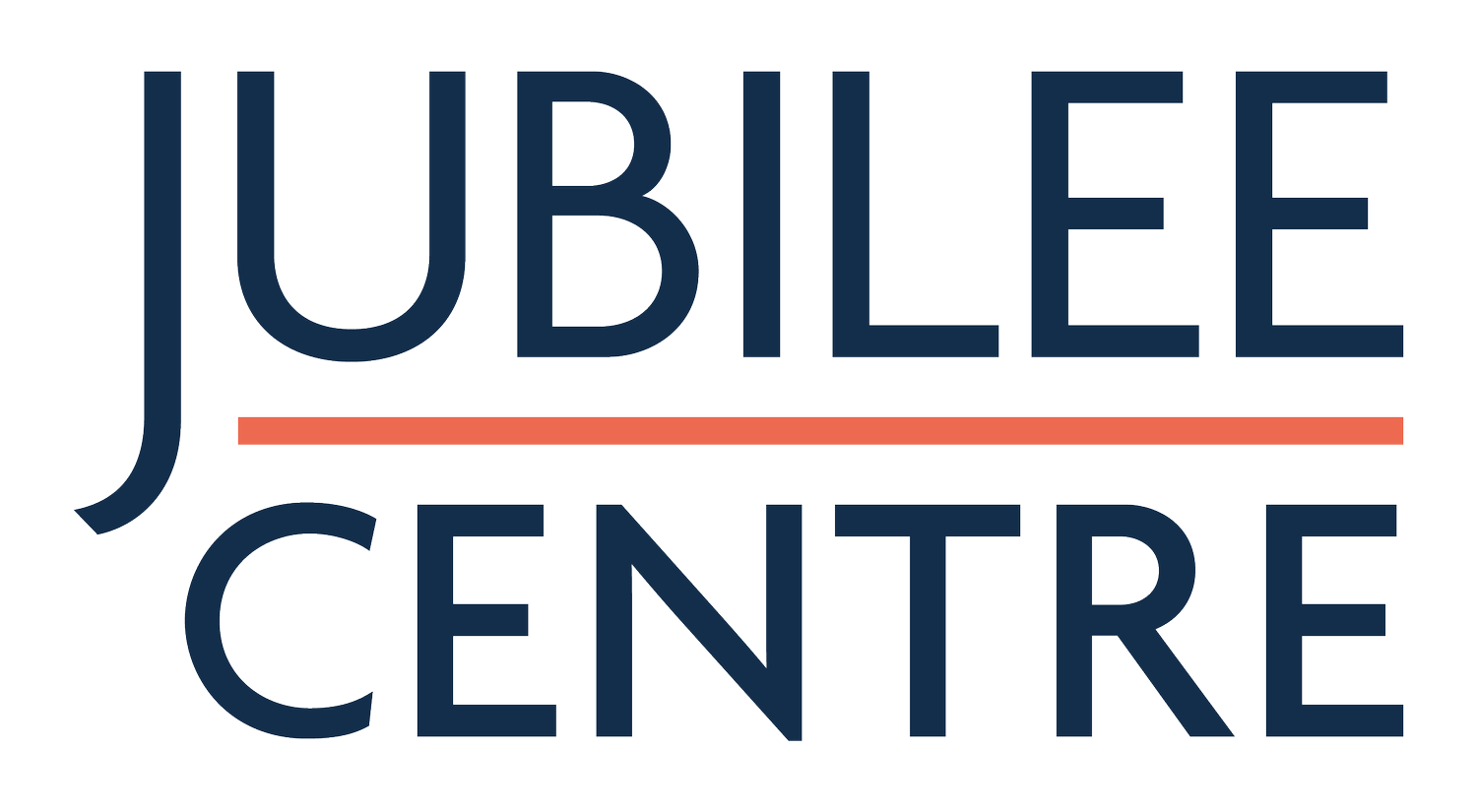Debunking the De-bankers
The [beast from the sea] also forced all people, great and small, rich and poor, free and slave, to receive a mark on their right hands or on their foreheads, so that they could not buy or sell unless they had the mark, which is the name of the beast or the number of its name. Revelation 13:16,17
The recent publicity surrounding the “de-banking” of Nigel Farage by Coutts Bank in the UK has cast renewed light on the withdrawal of banking services from those deemed not to conform with the “values” of the bank in question. This has been an issue for Christian campaigning groups and organisations for some time[1]but is now also being applied to politicians, campaigning bodies and unfashionable activities that do not ‘align’ with the bank’s or payment provider’s political position on controversial subjects.
Apologists for the banks maintain that it is perfectly legal and legitimate for private businesses to choose which other firms and clients they do business with. While a valid argument for the majority of business activity, it does not apply when the firm is supplying an essential service (such as water, gas and electricity) - access to the payment system is now essential for modern life. In addition, it would appear that banks have been discriminating on the basis of religious and political beliefs (which is illegal) and banks only have a business model because of implicit (and sometimes explicit) guarantees from the taxpayer. Like the BBC, it is therefore incumbent on banks to operate on an impartial and even-handed basis without imposing a religious or political ‘test’ to qualify for their services.
While concerning in themselves, recent revelations point to a broader trend of banks, systems providers and governments weaponizing access to payments to pursue broader goals of societal engineering and censorship. UK banks have amended their privacy policies to enable their monitoring of customer social media accounts and are reportedly closing small business accounts that transact heavily in cash. Paypal threatened to withhold funds from users it deemed guilty of spreading ‘misinformation’. The US government engaged in ‘Operation Chokepoint’ in 2013 to make banking more difficult for lawful businesses that it disapproved of (e.g. gun stores) while the Canadian government used the banks and payments providers to freeze the accounts of the Truckers’ protest movement and their donors in early 2022. Banks make great play of their commitment to ‘diversity, equity and inclusion’ but their actions have displayed discrimination, unfairness and exclusion.
Christians have long been warned of the potential use of access to the ability to transact as a means of persecution (see Revelation 13:16,17 above) so this comes as no surprise. The preservation of religious and political liberties in our current economy requires open and fair access to banking and payment services and a dispersion of gatekeeping powers so that neither public nor private operators have a monopoly over payment systems or control over who has access to them. The ability to engage in anonymised transactions through cash is also helpful to prevent the state from having access to data about every payment and to allow those with limited technical skills and capabilities – the elderly and those on low incomes –still to participate fully in society.
Hence, Christians should be campaigning for the preservation of cash (and the legal right to use it) and for regulations that prevent banks from withdrawing from, or rejecting, customers on non-commercial grounds. It may also include the need to be able to access non-bank forms of payment (e.g. bitcoin, gold-backed tokens) outside bank or state control. Central banks around the world are developing their own digital currencies (CBDCs). For retail transactions, these essentially have only one purpose – to track and influence the spending of every citizen, as cash would likely be phased out in tandem. These projects should be opposed by all available means. Otherwise, the threat of being de-banked for political or religious dissidents will become all too real.
Dr Paul Mills
(The views expressed here are those of the author and do not necessarily reflect those of the Jubilee Centre. The Centre hopes to publish more on Christian engagement with the financial system and CBDCs in the coming months.)
———————————-
[1] For instance, services were withdrawn from Christian Voice in 2005 by The Cooperative Bank and from the Core Issues Trust by Barclays in 2020 (see Simpson, P., Woke bankers are the 21st century Pharisees, TCW, 30th July, 2023, https://www.conservativewoman.co.uk/woke-bankers-are-the-21st-century-pharisees/)
The views and opinions expressed above are those of the author alone and do not necessarily reflect those of the Jubilee Centre or its trustees.

